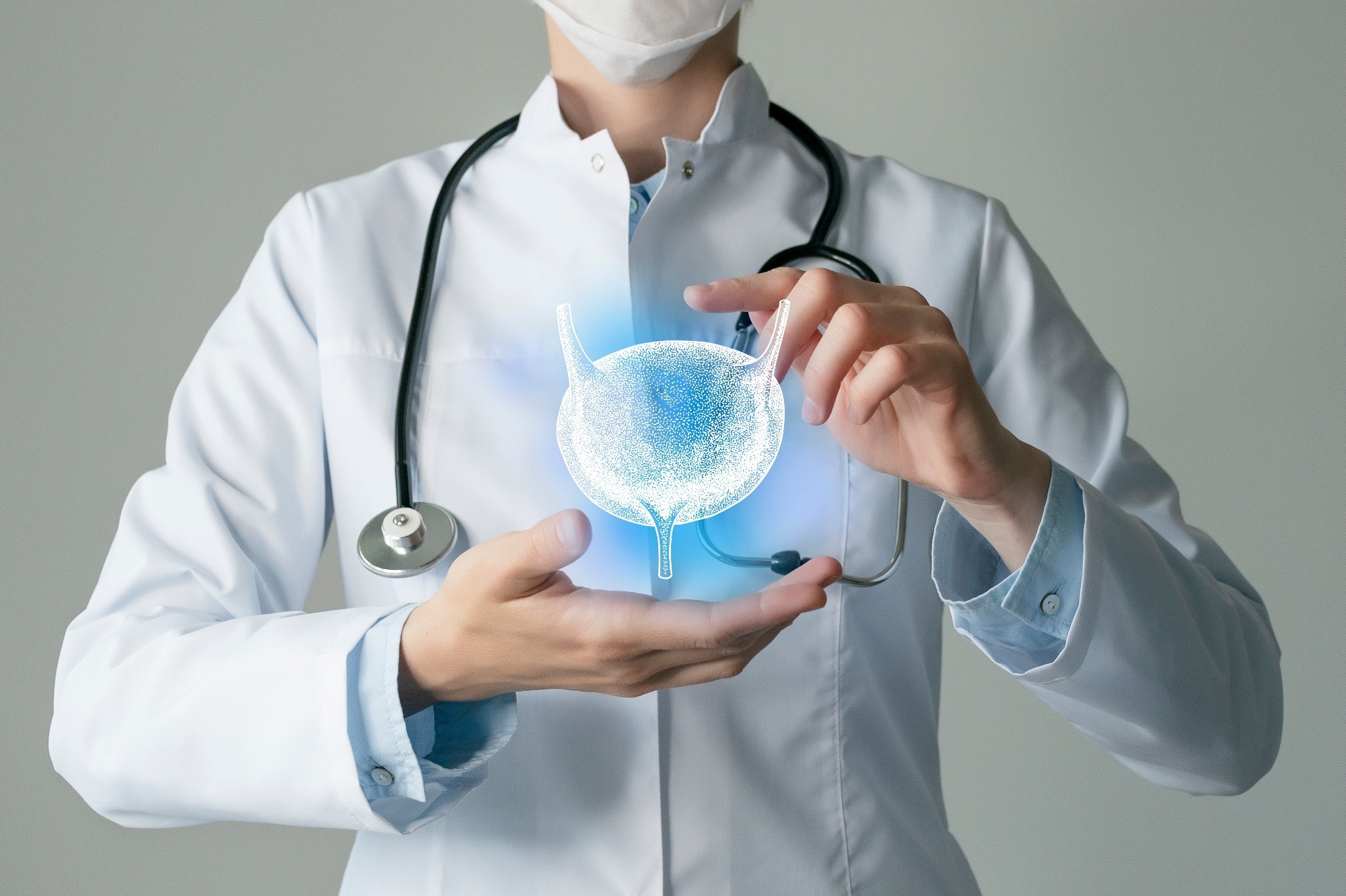A recent study published in Scientific Reports has demonstrated the antiviral effectiveness of cetylpyridinium chloride against severe acute respiratory syndrome coronavirus 2 (SARS-CoV-2) infection. Cetylpyridinium chloride is an ammonium compound commonly present in mouthwash.
Background
Severe acute respiratory syndrome coronavirus 2 (SARS-CoV-2), the causative pathogen of coronavirus disease 2019 (COVID-19) pandemic, is an enveloped, positive-sense, single-stranded RNA virus belonging to the human betacoronavirus family. The virus and its more aggressive variants have caused unprecedented damage to the global healthcare system, with more than 590 million confirmed infections and over 6.4 million deaths.
The primary entry site of SARS-CoV-2 into the human body is the respiratory epithelium, which expresses high levels of the entry receptor angiotensin-converting enzyme 2 (ACE2). Evidence indicates that the virus can replicate in the oral cavity and release into saliva. The literature has also established an association between salivary content of SARS-CoV-2 and COVID-19 aggravation.
Considering the significance of oral hygiene in the context of SARS-CoV-2 infection, scientists in the current study have investigated the antiviral effect as well as the mode of action of cetylpyridinium chloride against SARS-CoV-2 infection.
Cetylpyridinium chloride is an antimicrobial compound widely used in mouthwash to prevent bacterial, fungal, or viral infections in the oral cavity. The compound is known to exert antimicrobial effects by disrupting lipid membrane via physicochemical interactions. A few studies have indicated that cetylpyridinium chloride is effective against wild-type SARS-CoV-2 at low concentrations (10–50 µg/ml).
Impact of cetylpyridinium chloride on SARS-CoV-2 infectivity
The study examined the antiviral effect of cetylpyridinium chloride on a range of SARS-CoV-2 strains, including wild-type SARS-CoV-2 and alpha, beta, and gamma variants. The plaque assay was conducted to examine viral infectivity in the presence and absence of the compound.
The findings revealed that cetylpyridinium chloride at low concentrations (5 – 40 µg/ml) significantly suppresses the infectivity of all tested SARS-CoV-2 strains in a dose-dependent manner. The tested concentrations were lower than that used in commercially available mouthwash (50 µg/ml).
Impact of cetylpyridinium chloride on viral entry
The effect of cetylpyridinium chloride on viral entry was assessed by infecting ACE2-expressing cells with cetylpyridinium chloride-treated wild-type SARS-CoV-2.
The findings revealed that cetylpyridinium chloride significantly reduces the expression and copy number of viral RNA in a dose-dependent manner. These findings indicate that cetylpyridinium chloride reduces the amount of infectious virus before host cell entry.
Antiviral activity of cetylpyridinium chloride in saliva
Human saliva is highly viscous and contains many proteins that may interfere with the antiviral efficacy of cetylpyridinium chloride. Saliva samples collected from healthy donors were mixed with the virus and cetylpyridinium chloride to determine the antiviral efficacy of the compound in saliva.
The findings revealed that cetylpyridinium chloride significantly suppresses viral infectivity even in saliva in a dose-dependent manner.
Antiviral mode of action of cetylpyridinium chloride
Cetylpyridinium chloride-treated SARS-CoV-2 was subjected to sucrose density analysis and transmission electron microscopy to determine the impact of cetylpyridinium chloride on viral morphology.
The findings revealed that cetylpyridinium chloride does not impact the overall structure of the virus. The spherical particle structure of SARS-CoV-2 remained unchanged after cetylpyridinium chloride treatment.
Study significance
The study highlights the potency of cetylpyridinium chloride in inhibiting SARS-CoV-2 and its variants even at low concentrations. The antiviral activity of the compound remains unchanged in human saliva.
The study has tested the antiviral efficacy of a commercial mouthwash that contains a similar concentration of cetylpyridinium chloride as used in the study. The mouthwash exhibits similar or even better antiviral efficacy than pure cetylpyridinium chloride solution. This indicates that the other ingredients present in the mouthwash do not interfere with the anti-SARS-CoV-2 activity of cetylpyridinium chloride.
Regarding mode of action, the study suggests that cetylpyridinium chloride exerts anti-SARS-CoV-2 activity most probably by denaturing viral proteins and not by disrupting lipid membrane.
Overall, the study indicates that cetylpyridinium chloride-containing products can be used as a preventive measure to reduce the transmission rate and progression of SARS-CoV-2 infection.
An ongoing clinical study is examining the effect of cetylpyridinium chloride on SARS-CoV-2 viral load in the saliva of COVID-19 patients.














